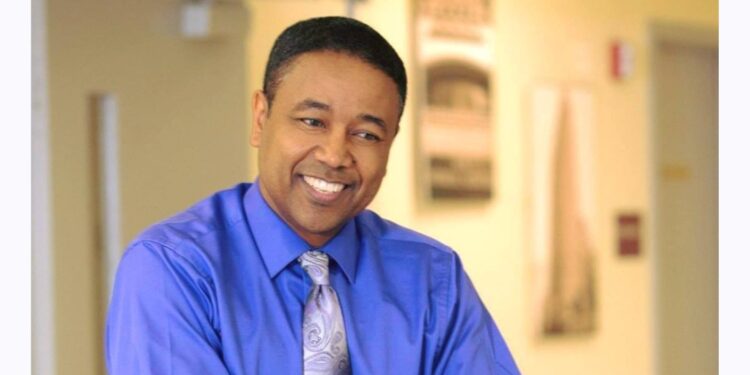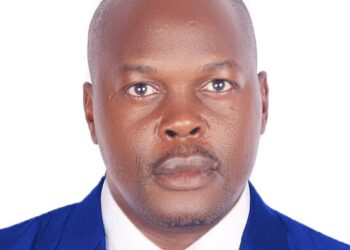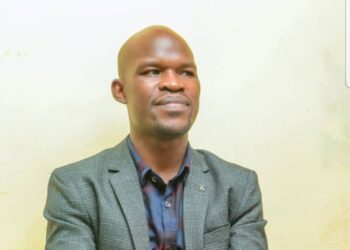The recent dramatic win of Trump over Harris in the US general elections took the mainstream media by surprise, marking one of the greatest upsets in US political history. For months, since Harris took the baton from Biden, the mainstream media in the U.S. and around the globe perpetuated the idea that Harris was the frontrunner. The subliminal counter-narrative was that the polls showed a “close race” with Harris a few points above Trump. But the results of the election were far from being a “close race.” Trump won the swing states, beating Harris in both the electoral college and popular vote. The mainstream media and its audience suffered a disconnect with reality.
What happened? Simple. The global mainstream media, once a bastion of objectivity, had fallen into the snare of bias. Sadly, mainstream media departed from promoting dissent into reporting biased viewpoints—subconsciously thinking that bias equals dissent. Bias refers to a tendency to favor a particular viewpoint, often leading to partial or skewed information, while dissent involves expressing opinions that challenge prevailing viewpoints. Bias can undermine objectivity, whereas dissent fosters debate and critical thinking.
Bias is not good. In scientific research, we take great lengths to eliminate bias in the studies we do. Bias is detrimental because it affects the validity and reliability of findings, leading to false conclusions and a misinterpretation of the truth. This can have serious implications, especially in areas like medical research where new forms of treatment are being evaluated. In essence, bias can cause the results of a scientific study to be disproportionately weighted in favor of one result or group of subjects, making conclusions drawn from the data totally unreliable.
It is not surprising that bias is transcending into mainstream media—a reason why mainstream media is losing its credibility and why a robust part of its once gigantic audience is resorting to alternative media outlets for news input. The mainstream media is becoming devoid of diversity of thought; it is promoting what it feels the general societal frame of thought should be. Any deviation from that thought framework is disallowed.
The mainstream media is not listening to its readers, left wondering about its readership exodus. It has taken on a new role, one its readers won’t readily accept—embracing the general societal frame of thought. What is scary is that this trend is gaining traction in the African media ecosystem slowly. The media ecosystem in Africa is beginning to share narratives that are targeting society to become a monolithic society with the same mantra and ideology. Any deviation from that established mantra and ideology is not readily promoted. The mainstream media in Africa has imported the bias virus from the West’s mainstream media.
We might have reached a critical point—a point where many distrust the mainstream media. The days when news was simply reported, without any bias from the microphone, are gone. The journalists of yesterday, focused on delivering facts, allowing the audience to form their own opinions, are becoming a rarity. The journalists of today promote the biases of their mainstream body of thought and disseminate it for us to digest. If a portion of the public does not receive this output, it is castigated and disowned.
Where are the people now running to? You got it—new outlets on social media panels.
In this era of information overload, it is crucial for us to be vigilant and discerning consumers of news. By seeking out diverse perspectives and engaging in thoughtful discussions, we can reclaim our ability to form independent opinions and resist the influence of biased reporting. It is important not to confuse bias and dissent; the former involves information presented in a partial way, while the latter is about expressing differing opinions and challenging dominant narratives. By understanding these differences, we can navigate the complex media landscape more effectively and contribute to a more informed and balanced society.
Dr. Ivan Edwards is a Ugandan American medical doctor, a flight surgeon, a humanitarian, an entrepreneur, and an international motivational speaker. He lives in the U.S.
Do you have a story in your community or an opinion to share with us: Email us at editorial@watchdoguganda.com













